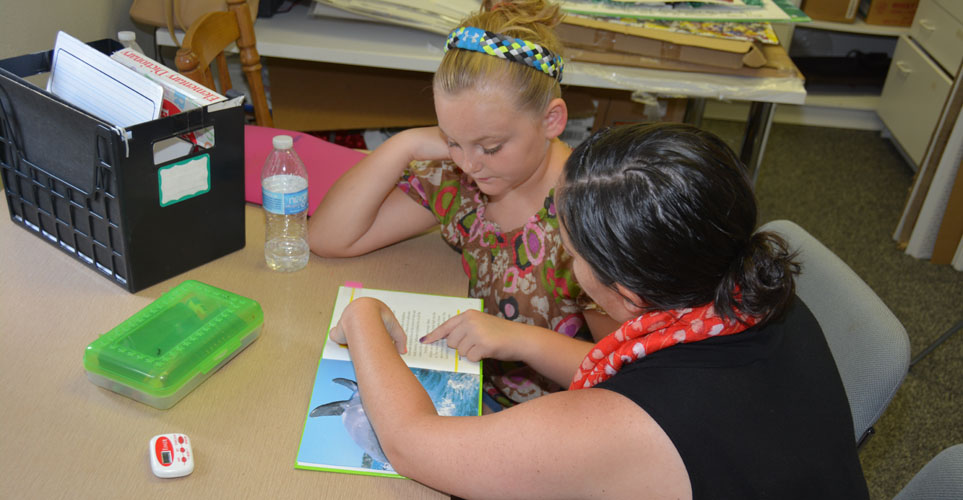
The majority of children who fail in reading do so because of deficits in decoding or fluency. A smaller percentage are accurate and fluent readers, but have difficulty understanding what they have read.
ROAR (Repeated Oral Assisted Reading)
If you have a student who reads slowly and has difficulty decoding words, this section is your go-to source for what to do. Implementation of a fifteen-minute guided oral re-reading protocol three times a week has resulted in average gains of 2-3 grade levels in one academic year. The National Reading Panel Report (2000) and our own research support the effectiveness of ROAR for remediation of reading delays.
Comprehension Strategies
When a student reads accurately, fluently, and with expression, we naturally assume that he has understood what he just read. So it’s a surprise to find out some fluent readers really can’t answer even simple questions following their reading. For these students, intervention focuses on repeated implementation of research-based comprehension strategies across time, until the student is able to independently employ these meaning-making ways of “taking from print.”

